How to Stay Safe While Being Social
People happily share their private information online, building robust libraries that can easily become a one-stop goldmine for fraudsters.
It’s not exactly the intention everyone has when they sign up, as the whole point of Facebook is to share your life with your friends. It hooks us into a global community and the experience does depend on us making certain privacy sacrifices.
So how do you balance being social with staying safe?
People happily share their private information online, building robust libraries that can easily become a one-stop goldmine for fraudsters.
It’s not exactly the intention everyone has when they sign up, as the whole point of Facebook is to share your life with your friends. It hooks us into a global community and the experience does depend on us making certain privacy sacrifices.
So how do you balance being social with staying safe?
On Facebook alone, the average person shares 13 pieces of personal information ranging from a fairly innocent name/email combo, all the way to mothers maiden name and home address.
It doesn’t sound like a lot, but those 13 pieces have the power to unravel your life within minutes.
Even checking in at home or a favorite location has become the norm, helping to create a multi-dimensional online identity. The details are available to anyone who cares to look, whether they’re a friend keeping in the loop, or someone with a much darker agenda.
The problem is, you just don’t know who’s looking at your profile or why.
For example, someone could try accessing your email account by clicking the ‘Forgot password’ link. The email service follows its security rules and asks identifying questions like ‘which high school did you go to? What is your pet’s name?’ Unfortunately, the most common identifying checks and answers are probably available on Facebook.
Once your email address is compromised, hackers can use that to break into other services and go through, clicking ‘Reset Password’ on site after site, account after account – they have full access to your email, so there’s nothing stopping them from emptying your bank accounts – or worse.
7 Ways To Secure Your Facebook Without Missing Out on the Fun
- Begin by previewing your profile as others see it
- Review what should and should not be visible to strangers
- Consider only sharing partial details, like birth day and month, but not the year
- Only ever ‘Friend’ people you know and trust
- Be wary of duplicate or ‘odd’ friend behavior – hackers will often clone or hack a friend’s profile and initiate an urgent and uncharacteristic request for money
- Update your past privacy settings too
- Set default future sharing to ‘friends only’
How To Protect Your Children While They’re Online This Holiday
Now that the school holidays have finally started, children have all the time in the world to spend with their best friend: Technology.
Waking early to sneak in a couple hours of Minecraft, Roblox, YouTube or Xbox…grabbing their ‘educational’ iPad and Facetiming a friend…sending emails and texts…it’s open season during school holidays!
Not just the younger children, but teenagers too.
To be honest, as an adult, we really have no idea what’s cool or what they’ve been introduced to at school. They’re digital natives and use it in ways we would never dream of.
All we know is that they’re going to using their devices and we won’t be able to watch them every second of the day. Plus of course, no matter how many Cyber-Safety talks they’ve had, how many times they can parrot the rules back, they’re children and they don’t always stop to think.
- They don’t realize certain search terms might not be such a great idea
- They trust they are messaging other children
- And they would rather not limit themselves to 2 hours per day
Protect your Children with Parental Control Software
A Parental Control Software (PCS) package is essentially an internet filter for children. It takes all the icky, inappropriate things online and blocks your child from accessing them, seeing them or even knowing they exist.
Adults can override and disable the software easily, so their own experience is unchanged and unmonitored.
You’ve probably even heard of people using “Net Nanny” or “K9 Web Protection” – these are two very well-known and reliable options available.
As an added bonus, Parental Control Software can also be used to put time limits on internet usage, or even log all online activity. While you may not feel the need to review the logs on a daily basis, they can be vital in identifying cyber bullying, sexting, or inappropriate relationships. Parents around the world credit these logs with saving their child’s mental health, and occasionally, their life.
The best time to install Parental Control Software is now, before your children become comfortable with unrestricted access, and before they see things they shouldn’t.
Give us a call to set your computer up with Parental Control Software today.
